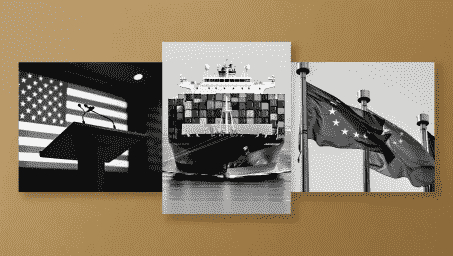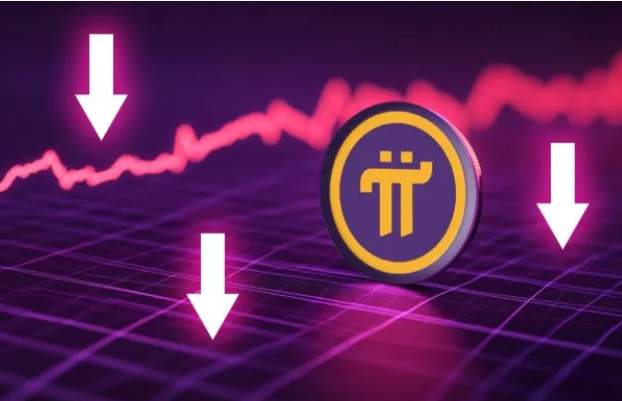In a bold diplomatic move, U.S. President Donald Trump has urged the European Union to impose tariffs of up to 100% on Chinese and Indian imports, aiming to exert indirect pressure on Russian President Vladimir Putin to halt the war in Ukraine. This demand reportedly surfaced during a high-level meeting between American and European officials earlier this week, where economic strategies to confront Moscow were actively discussed.
Trump’s proposal comes amid growing frustration over stalled peace efforts between Russia and Ukraine. Despite repeated attempts, a breakthrough has yet to be achieved, and Russian military aggression has recently intensified. Over the weekend, a missile strike hit a key government building in Kyiv, signaling a new level of escalation by the Kremlin. According to Ukrainian authorities, the barrage involved more than 800 drones and over a dozen missiles, making it one of the heaviest aerial assaults since the conflict began.
Tragically, in the eastern Donbas region, more than 20 civilians were killed on Tuesday by a Russian glide bomb as they waited to collect pension payments. Reacting to the surge in violence, Trump expressed deep concern, stating he was “not happy with the whole situation,” and warned of tougher sanctions on Moscow.
Despite previous threats, Trump has yet to follow through with concrete actions against Russia, leading to skepticism about the effectiveness of his current strategy. A recent summit between the U.S. and Russian leaders in Alaska concluded without progress toward peace.
Trump’s call for EU action aligns with comments from Treasury Secretary Scott Bessent, who emphasized the need for a united Western economic front. Simultaneously, Trump confirmed ongoing trade talks with India, noting plans to speak with Prime Minister Narendra Modi soon. Both leaders have expressed optimism about resolving longstanding trade barriers.
China and India remain significant purchasers of Russian oil, a key factor in sustaining Russia’s economy. Last month, the U.S. enacted a 50% tariff on Indian imports, partially in response to its continued dealings with Russia.
Should the EU follow Trump’s lead, it would represent a significant shift from its reliance on sanctions toward more aggressive trade measures aimed at isolating Russia.






